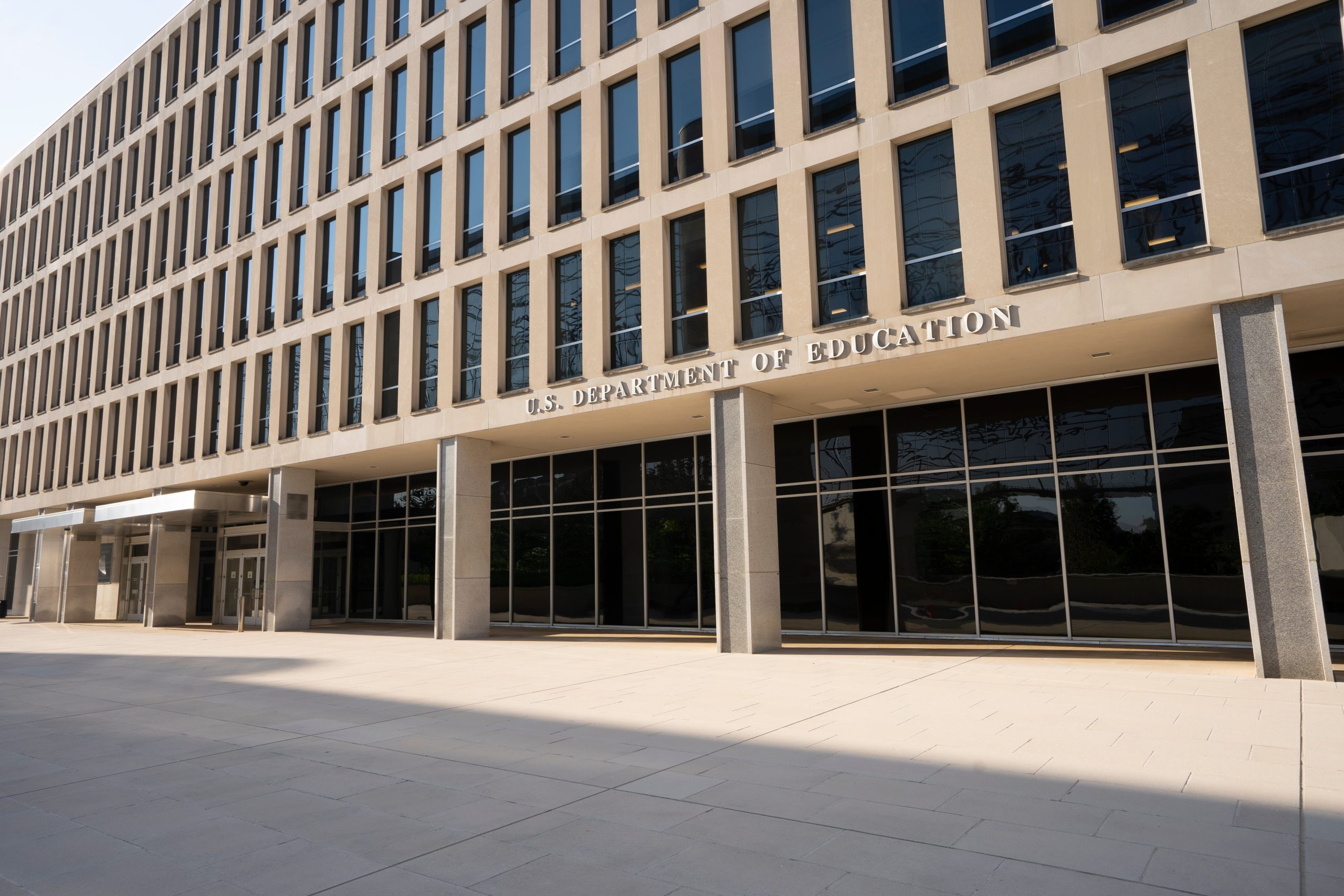The U.S. Department of Education has denied over $10 million in COVID-19 relief funds to Kentucky schools, following a case-by-case review of previously approved projects. This decision comes after the department rescinded a prior agreement that allowed the state more time to utilize these funds.
In late March, the federal agency withdrew an extension that permitted Kentucky school districts to spend Elementary and Secondary School Emergency Relief (ESSER) funds through March 2026. The department cited the conclusion of the pandemic as the reason for reverting the deadline to March 28, 2025. This abrupt change left many districts scrambling to adjust their budgets and project timelines.
The Kentucky Department of Education (KDE) appealed the decision, requesting individual reviews for specific projects. Out of the appeals, only two projects from Boone County were approved, totaling approximately $44,600. These included funds for an interactive online learning platform and participation in Dolly Parton’s Imagination Library. However, the department denied requests amounting to $10.6 million for other projects across the state
Among the denied projects was a significant $7.98 million allocated for constructing a new high school in Christian County. The proposed facility aimed to merge two existing high schools and a career and technical education center into one building. Other rejected projects included outdoor classrooms, security camera installations, and roof repairs in Clinton County, as well as ventilation system updates in Knox County.
Kentucky Education Commissioner Robbie Fletcher expressed disappointment over the denials, stating, “It is unfortunate that Kentucky has been denied more than $10 million – so far – to provide resources and improve the learning environment of our students.” He emphasized the state’s commitment to appealing the decisions and securing the promised resources for its schools.
The federal department’s rationale for the denials centered on the projects’ alignment with the goal of mitigating learning loss due to the pandemic. In their communication, they noted that many of the proposed projects did not directly address academic services for students. Districts have the option to appeal these decisions within 30 days, provided they can demonstrate the necessity of the projects in addressing pandemic-related educational challenges.
The KDE continues to seek approval for the remaining $34 million designated for local districts and $18 million for statewide initiatives. The outcome of these appeals will significantly impact the state’s ability to complete ongoing projects aimed at enhancing educational infrastructure and services in the post-pandemic landscape.

